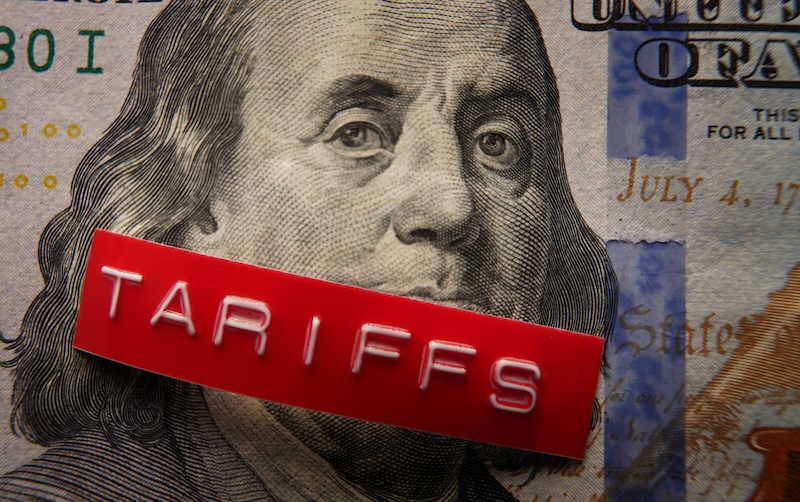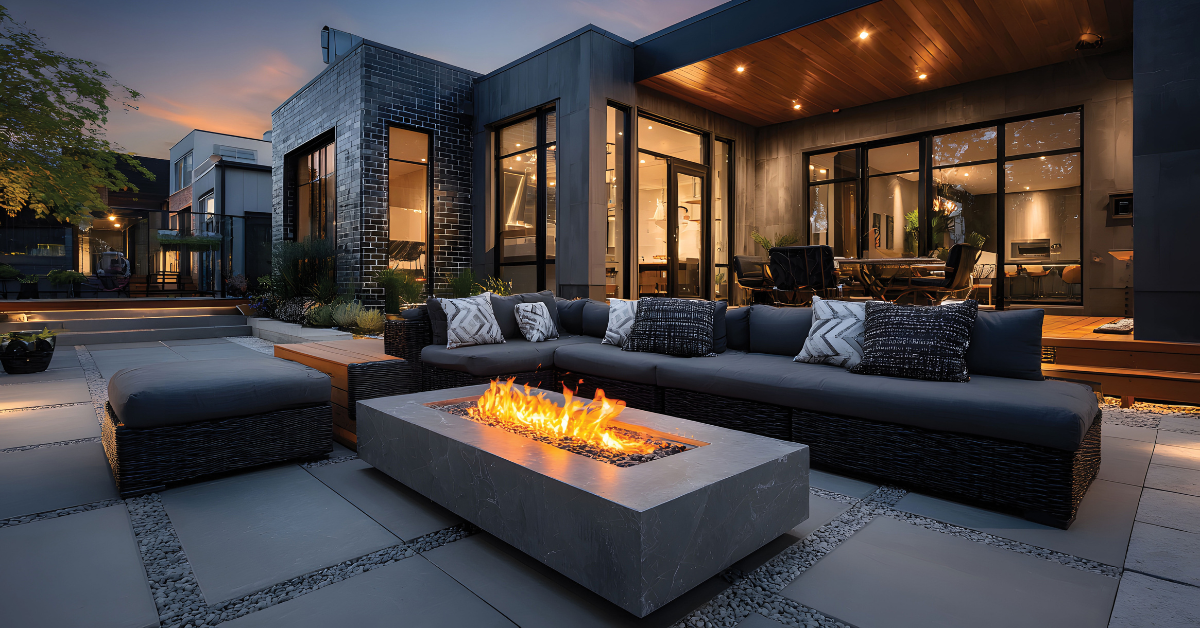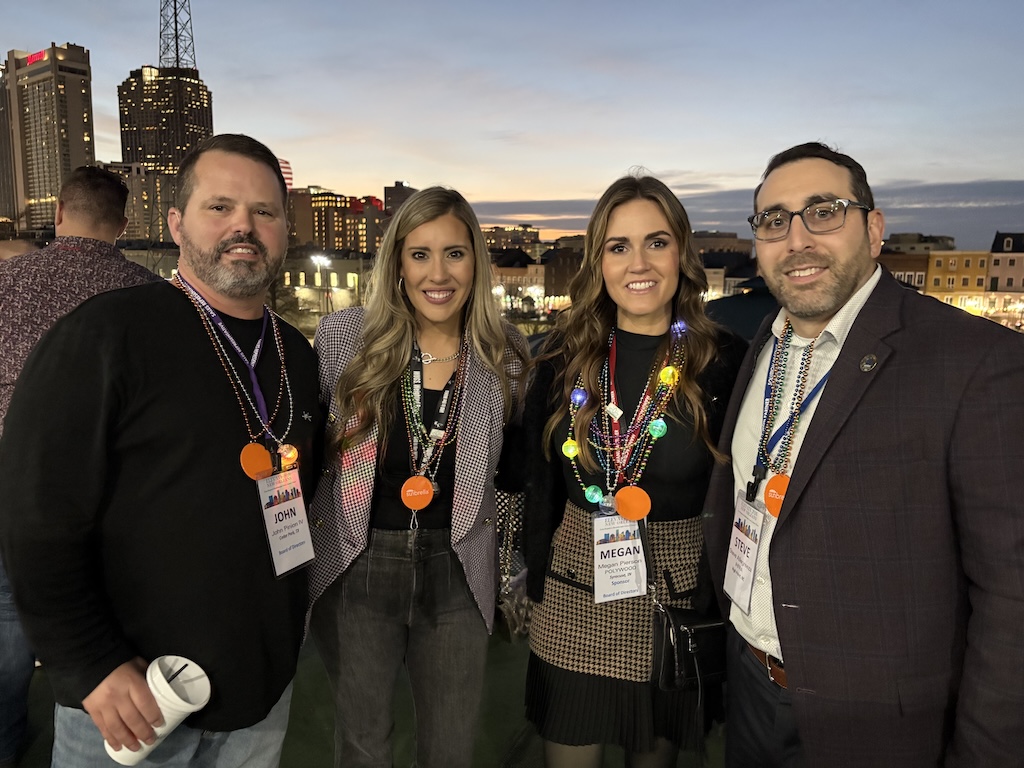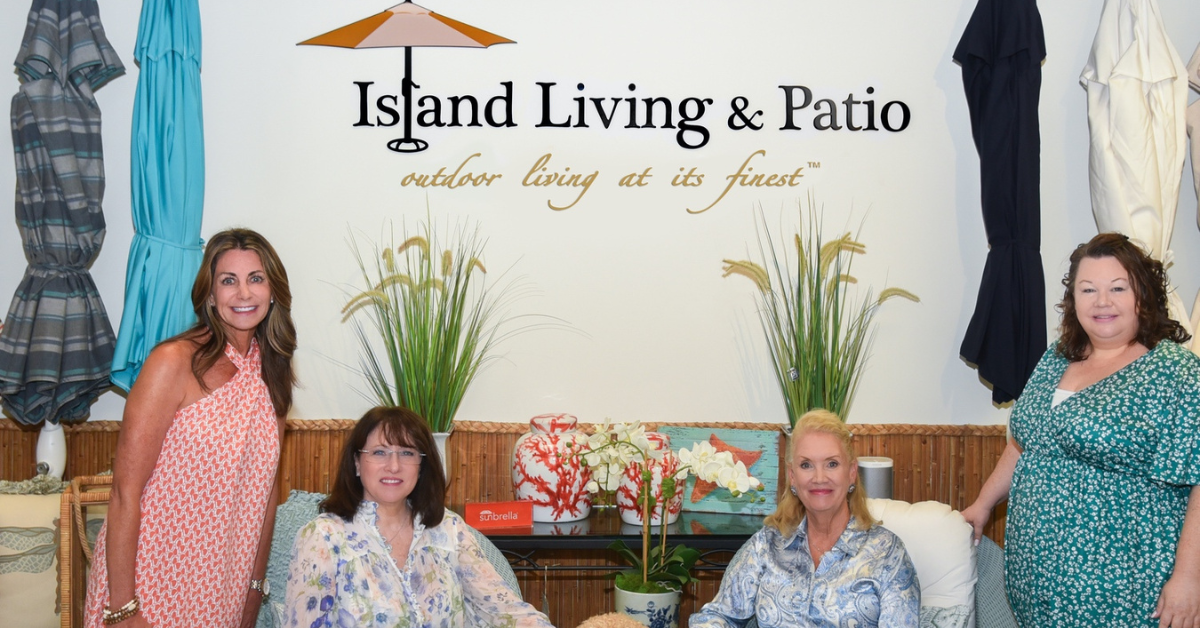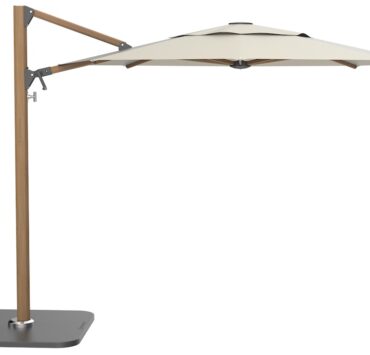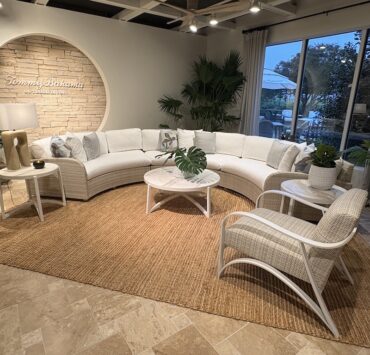Island Living & Patio co-owner Karen Brams is old school, and she’ll tell you so herself. That strategy has worked for her and her business partner, Karen Kirk, for more than two decades.
After so many years in the business, Brams said she has most of her West Palm Beach-area customers figured out, and this year has been a good one for the business.
“I’ve talked to retailers who share my experience this year, and some that haven’t,” she said. “In my territory, I get hit during election year. I don’t know why, but when it’s an election year, my numbers are down. So my numbers are better than last year and consistent with 2023. When you’ve been in the business for 20 years, we have a game plan that we know that works for us.”
However, she does admit that the uncertainty of the economy has caused her business to keep its head down and push forward because the state of the industry is unreadable right now.
She has noticed a few trends in the industry, and is dealing with similar freight problems that the entire industry is feeling.
Designers are expanding into the category through the retail side, according to Brams. “They’re more open to working with retail stores, when in the past they would go straight to the manufacturer,” she said. “They trust the retail stores, and we’re seeing more designers who realize that we have their backs.”
While the opportunity for a designer to use a retailer may seem obvious to someone in the casual industry, Brams says designers have a different mentality.
“They used to be very protective of their clients because they didn’t want anybody poaching them,” she said. “But now they’re opening up and realizing we can be a resource to help them learn about outdoor furniture.”
While the increase of designers is a positive for the industry, freight has taken a toll on many retailers who have been affected by tariffs. Large freight costs are being passed on to the retailer, according to Brams, and the tariffs add more to the bill.
“Even though I’m in that affluent area, it gets to the point of, do you really want to pay $12,000 for that sofa?” she said. “At what point is it offensive? They’re starting to roll the tariffs back and not separate them, and the manufacturers are now rolling them into the new pricing. I had two or three price increases from manufacturers this year.”
She says that when price increases roll in, they don’t tend to roll back out.
On the freight side, Brams said shipments from California are getting pricier because of tariffs and some companies that still manufacture in China are charging “significantly more than before” for shipments.
For these reasons, Brams has been turning to made-in-America brands and to top-performing brands including Brown Jordan, Castelle and Lloyd Flanders. She says this is happening across the casual industry, as well.
“I’ve talked to made-in-America companies several times at market, and it seems like every time I do, they’re gaining market share because of how good the overall product is,” she said. “They really understand the brick-and-mortar concept.”
She says going forward, she will continue to prioritize companies that take care of retailers by offering excellent sales reps and helping eat some of the costs when prices are increased.

